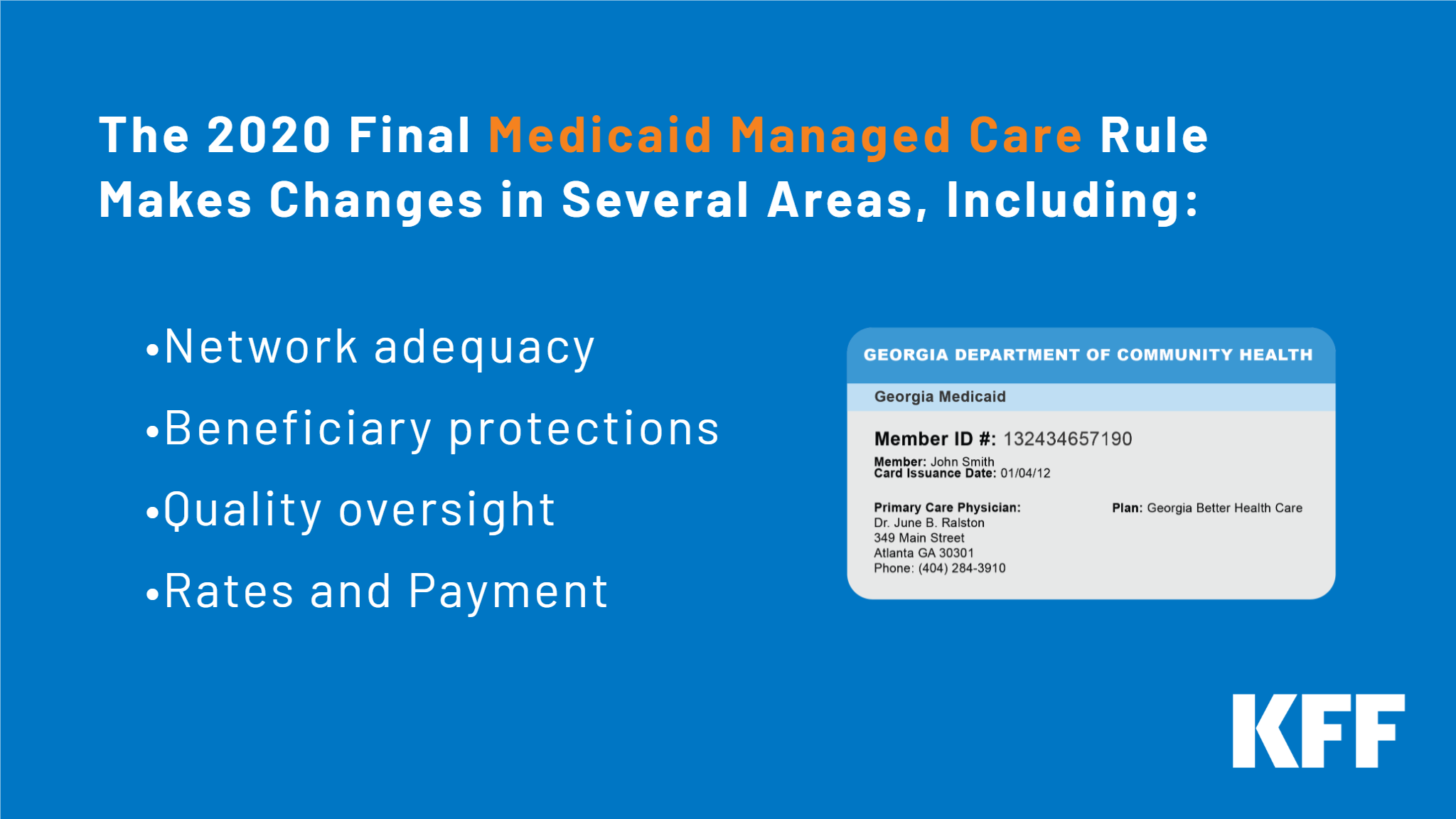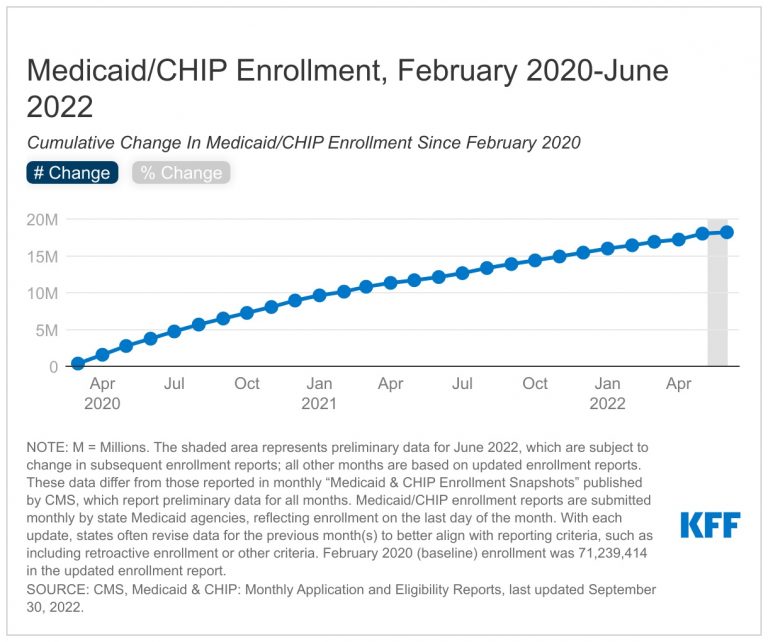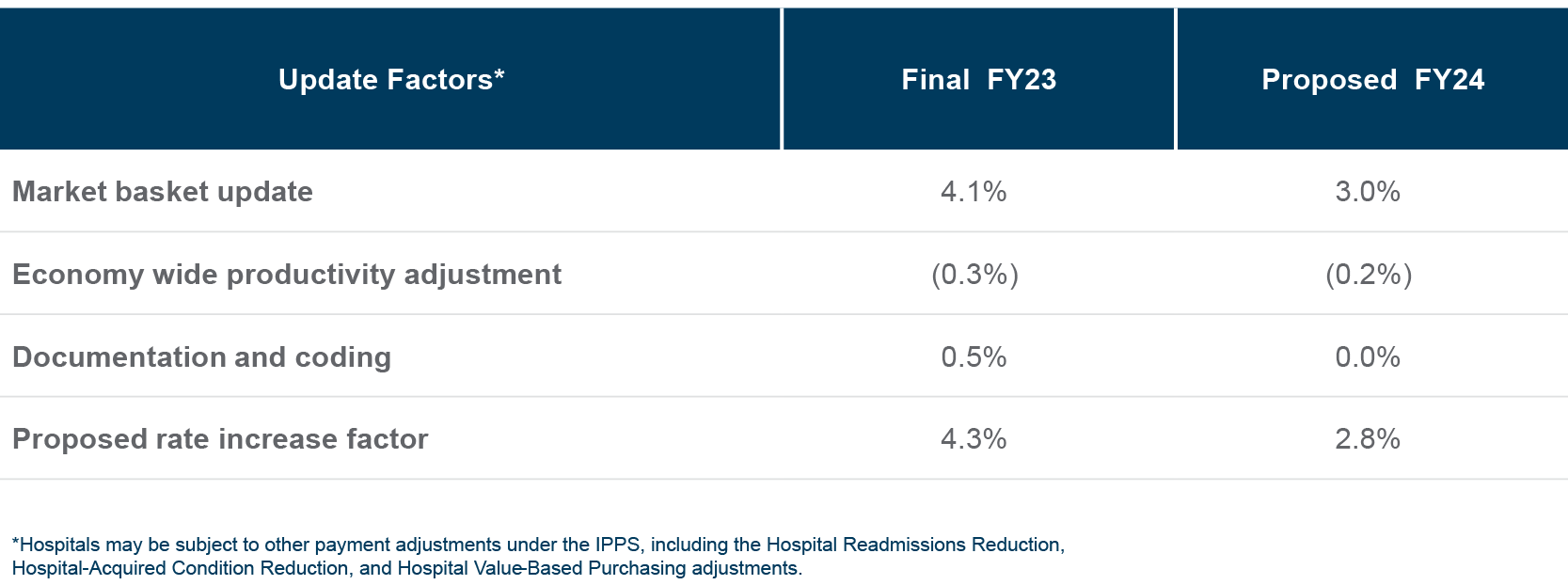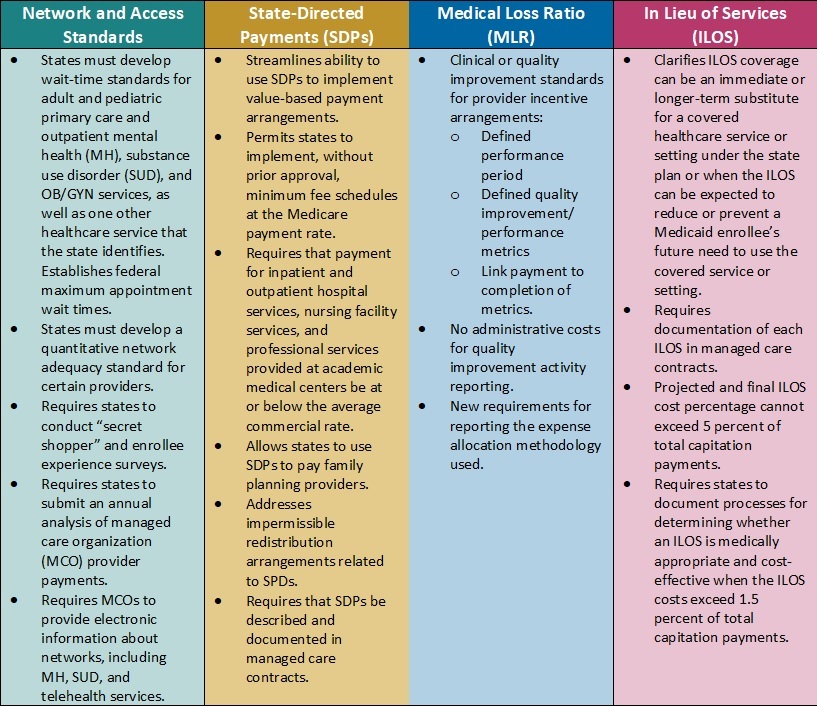CMS Announces Plans to End Medicaid Designated State Health Programs: What You Need to Know
Table of Contents
- 10 Things to Know About the Unwinding of the Medicaid Continuous ...
- October 24, 2022, Brazil. in this Photo Illustration, the Centers for ...
- These states will see the biggest impact if Congress ends Medicaid ...
- Co Medicaid Fee Schedule 2025 - Piers Parr
- New CMS Rule Ties COVID-19 Data Reporting to Medicare Participation ...
- CMS’s 2020 Final Medicaid Managed Care Rule: A Summary of Major Changes ...
- State Medicaid Termination Timelines - YouTube
- CMS announces first states to participate in AHEAD model | AHA News
- Millions Could Lose Medicaid Coverage When Pandemic Health Emergency ...
- FY 2024 IPPS and LTCH PPS Proposed Rule | BerryDunn



What are Medicaid Designated State Health Programs?



Why is CMS Ending these Programs?



What Does this Mean for Patients?
The end of Medicaid designated state health programs is likely to have significant implications for patients who rely on these programs for their healthcare needs. Some of the potential impacts include: Loss of coverage: Patients who are currently enrolled in Medicaid designated state health programs may lose their coverage, or see their benefits reduced. Increased costs: Patients may face increased out-of-pocket costs for healthcare services, as they may no longer have access to the same level of coverage. Reduced access to care: The end of these programs may also reduce access to care for patients, particularly in rural or underserved areas where healthcare options may be limited.
What Does this Mean for Providers?
The end of Medicaid designated state health programs is also likely to have significant implications for healthcare providers, including: Changes in reimbursement: Providers may see changes in their reimbursement rates, or may face new challenges in getting paid for their services. Increased administrative burden: Providers may face increased administrative burdens, as they navigate the changes to the Medicaid program. Reduced patient volumes: The end of these programs may also reduce patient volumes for providers, particularly in areas where the programs were a significant source of revenue. The decision by CMS to end Medicaid designated state health programs is a significant development that is likely to have far-reaching implications for the healthcare industry. While the agency argues that the move is necessary to streamline and simplify the Medicaid program, critics argue that it will have negative consequences for patients and providers. As the healthcare industry continues to evolve, it is essential to stay informed about the latest developments and to advocate for policies that prioritize patient access to care and provider sustainability.For more information on this topic, please visit the CMS website. You can also learn more about the Affordable Care Act and how it affects your healthcare coverage.
Note: This article is for informational purposes only and is not intended to provide medical or legal advice. If you have questions or concerns about your healthcare coverage, please consult with a qualified healthcare professional or attorney.